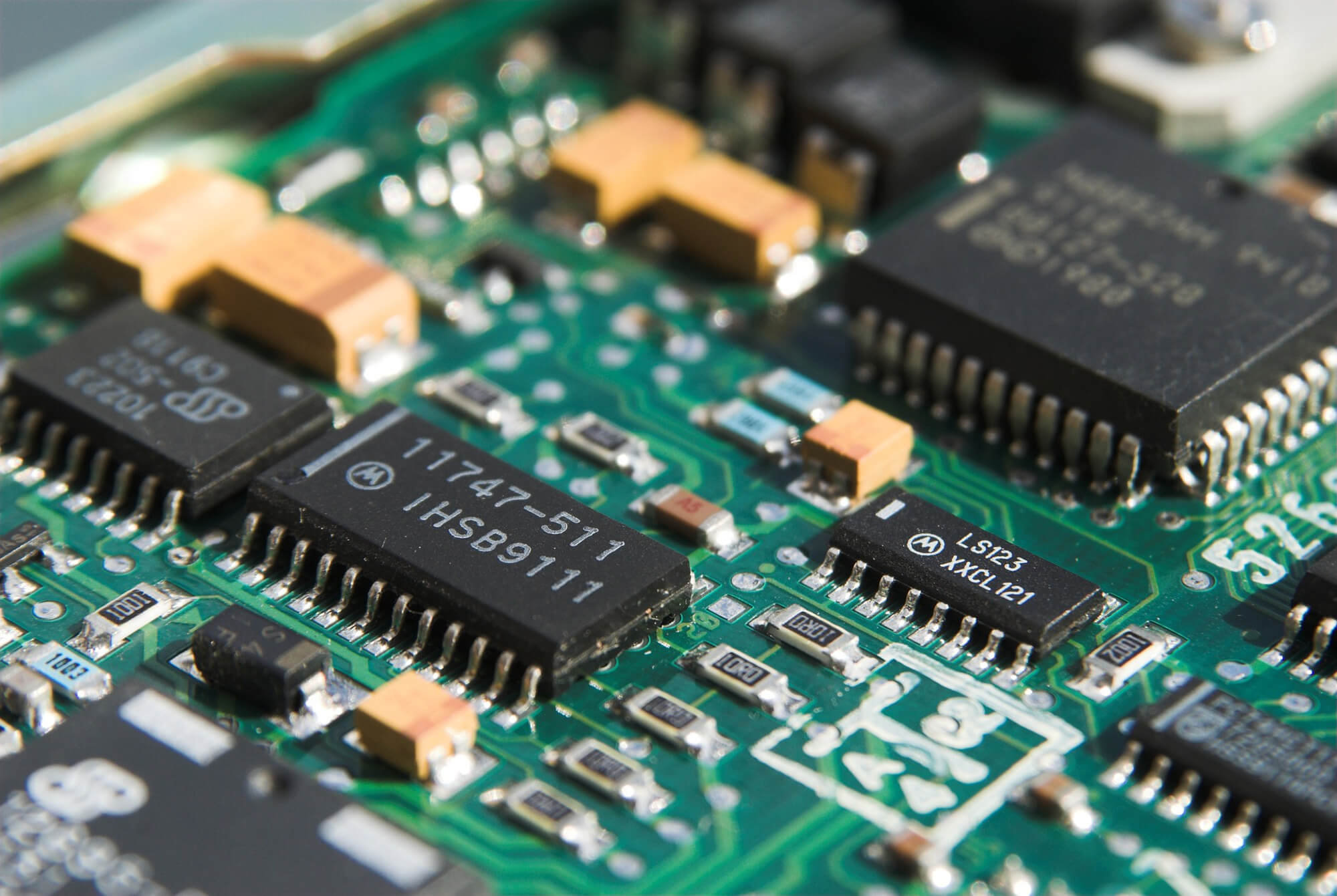Avoiding Hardware Overkill: IT Consulting to the Rescue
July 18th, 2017 by admin
Spending far too much money on excessively overpowered computer hardware can quickly deplete your company's IT budget, taking funding away from other important expenses. Two exciting products released in June 2017, Apple's new iMac Pro ($4,999) and Intel's Core i9 CPU family (starting at $999), are poised to put an incredible amount of computer power in reach of professional-level users with a matching high price tag. However tantalizing these new devices seem, they are power overkill for employees outside of niche roles. IT consulting services can help with matching device power to employee usage to increase productivity.

"Pro" is More than Marketing
While "pro" and "high-end" products are inherently better devices based on power, they are niche products targeted to specifically high-end users. In many cases, they're less like a better interior package or more powerful engine for a sedan and more like a different class of vehicle like a fully-loaded pickup truck.
A power overload is an unnecessary expense, but it's still preferable to err on the side of more power than what is needed than wasting money on underpowered devices that hurt productivity. In the case of the iMac Pro and the Intel Core i9, the higher-end base iMac and the Core i7 are the devices suited for most high power users.
"Pro" is only Better if you Need it
A Core i9 won't offer much of a difference in performance for the average user running word processing and web browsers over a three-year-old Core i5. Other parts of the computer are much slower, like the hard drive and the Internet connection, which create a performance bottleneck. The faster CPU won't do a thing to alleviate these problems.
More Power Delays Obsolescence with Diminishing Returns
A computer is obsolete when it no longer supports the software employees need and hinders productivity through poor performance, and not because there's a faster model on the shelf. It's common to delay obsolescence for as long as possible by spending as much money as the budget allows to get the most powerful hardware; unfortunately, the law of diminishing returns hits hard.
Enough Power to Last the Replacement Cycle
The big question is, "how much hardware power do computers need for employees in specific roles?" The device needs to offer sufficient capabilities to last the user through the next replacement, which is a question for IT consulting. Needs vary wildly between roles:
- A minimal-needs salesperson who mostly uses email and PowerPoint could get away with a lower-powered laptop with a longer battery life.
- A power-user video editor needs lots of CPU power and a capable GPU for smooth work and fast video processing.
- A mid-to-power-level accountant who works in massive spreadsheets needs lots of system memory, but won't see any benefit from a beefier GPU.
According to a PC World article, the average computer replacement cycle has shifted from a three-to-four year interval to a five-to-six year interval. The Core i9 and iMac Pro devices are both designed to meet the needs of employees who work with graphic design, video editing, financial modeling, and programming through the longer replacement cycle.
The IT consulting experts at ATS are ready to help your company determine the ideal computers and devices for your office needs. Expert desktop and workstation management services can keep those devices running in top form so that your company can get the most out of its technology investment. Contact us today!
Posted in: Managed IT Services

